Proudflare: Inside Cloudflare's pioneering DEI efforts
Cloudflare's initiative provides free services for at-risk advocacy groups
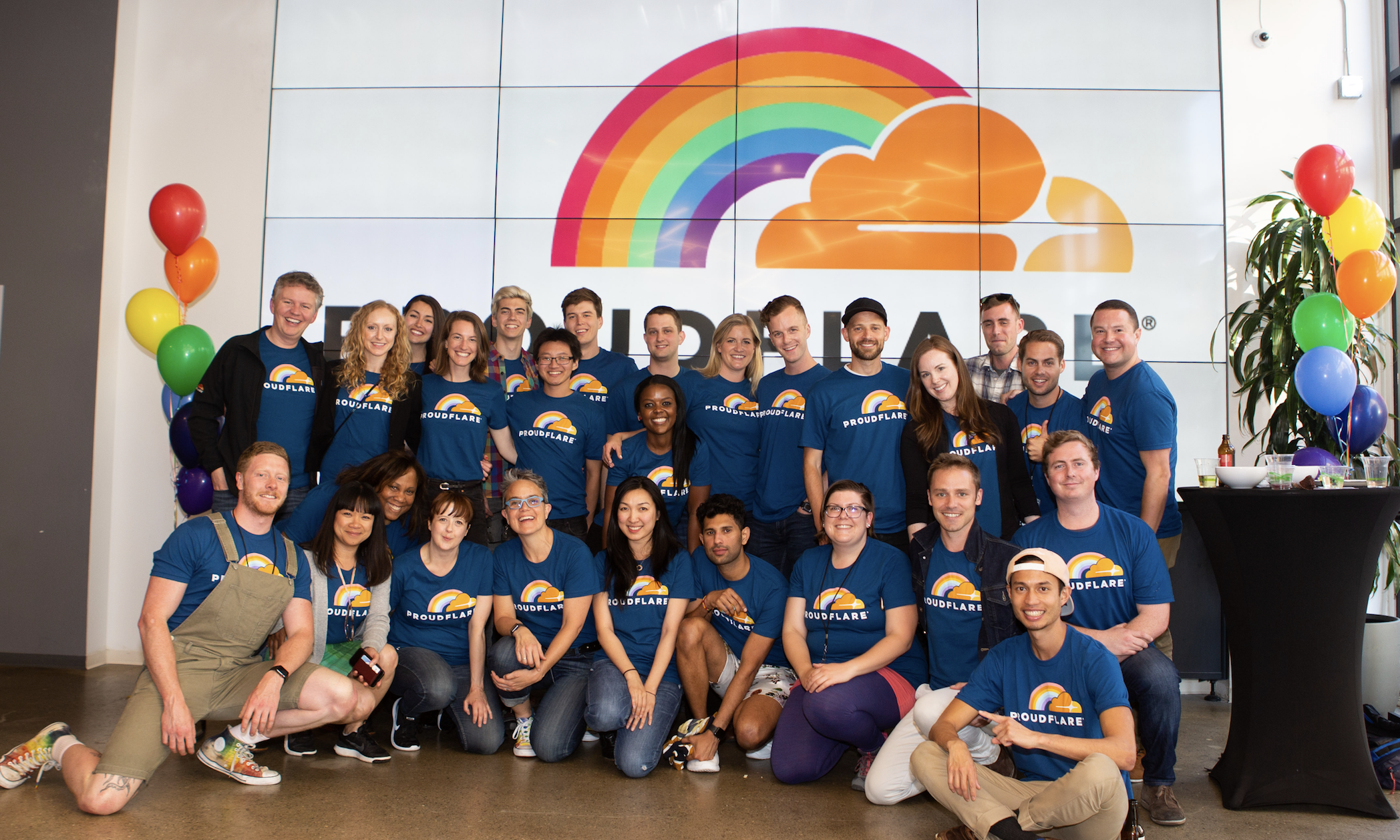

Cloudflare is working to set an industry example through its LGBTQIA+ group and efforts to protect marginalized communities, with a senior figure at the company urging tech leaders to go further with their diversity.
Jen Taylor, chief product officer at Cloudflare, told ITPro that employers should aim to exceed basic diversity and inclusion efforts with active allyship, in order to properly support their employees and spark innovation within the workplace.
Shortly after joining Cloudflare in 2017, Taylor was approached by employees at the company about the possibility of starting an internal community for LGBTQIA+ employees.
The result was Proudflare, the company’s LGBTQIA+ employee resource group (ERG), for which Taylor was asked to become the founding executive sponsor.
The ERG operates around the globe, running events and providing a safe space for LGBTQIA+ employees and allies at Cloudflare.
RELATED RESOURCE
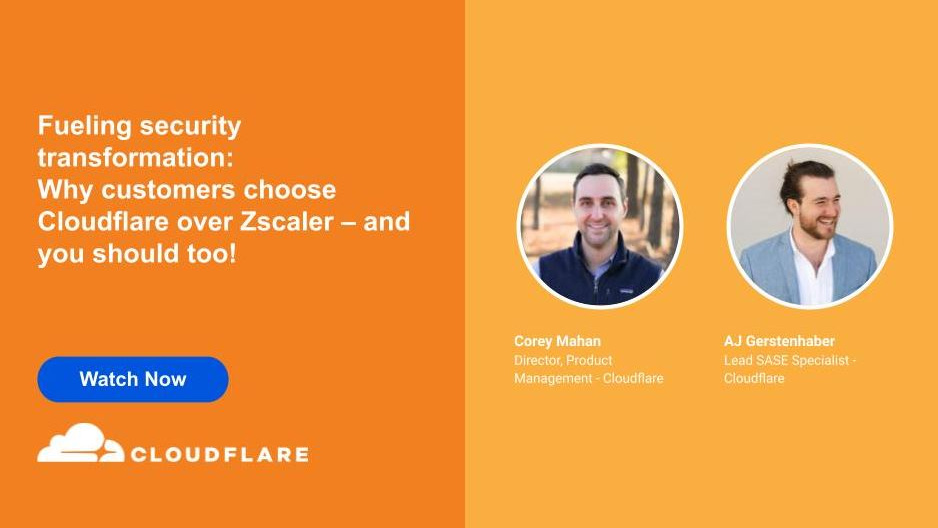
Fueling security transformation
Why customers choose Cloudflare over Zscaler – and you should too
“One of the things people often talk to me about is how important Proudflares and these ERGs are in general for helping people find their community within the organization,” Taylor said.
“Finding allyship, finding and feeling like they have a safe environment where they can ask questions, where they can ask for help, where they can raise important topics and really be an important part of the overall Cloudflare community.”
Get the ITPro daily newsletter
Sign up today and you will receive a free copy of our Future Focus 2025 report - the leading guidance on AI, cybersecurity and other IT challenges as per 700+ senior executives
For some employees living and working in regions where marriage equality has not been brought in, or LGBTQIA+ lifestyles are even criminalized, the ERG can provide a chance to open up around other members of the community and receive support.
Taylor stressed that pride month is as much about visibility as it is a celebration.
“Pride started as a form of protest, of creating visibility,” she said.
“It’s been partnerships across a variety of diverse communities that have helped us transform that focus of visibility from one that is of anger to one of celebration and inclusiveness.”
‘Walking the walk’
Taylor told ITPro that the degree to which an organization is inclusive and diverse derives in large part from the perspectives of its leadership.
"It's not just making it an imperative, but also walking the walk,” she said.
"It's demonstrating that in your business practices, in how you run your meetings, in terms of how you hire. It's about demonstrating that in terms of cultural norms you create, in terms of how you treat your employees, and how you recognize and reward your employees.
“It needs to be infused within the context and the fiber of an organization.”
Taylor has seen attitudes improve across the industry since she first entered the workforce, both for LGBTQIA+ people and for those from different perspectives, or race, ethnicity, and socioeconomic backgrounds.
“When I came out of undergrad, I didn’t feel like I was really welcome to be my full self, I didn’t feel comfortable being out or talking about my personal life,” she told ITPro.
“Now I feel really encouraged to be myself, and feel supported in the work that I do.”
As a queer woman who worked her way up in tech, Taylor noted the powerful effect of embracing active allyship and community-building throughout a company and urged others who consider themselves allies to join ERGs and support their LGBTQIA+ colleagues.
Taylor also urged leaders looking to drive transformation and positive change should work hard to become active allies.
Employees from marginalized groups could be nervous about seeking mentorship, so those serious about making a difference should work to “advertise themselves as ‘I’m open for mentorship, for advocacy”, Taylor said.
All sectors still have work to do when it comes to making LGBTQIA+ employees feel supported and able to be their full selves.
In February, Proud Ventures’ LGBTQ+ Founder report revealed that almost a quarter of LGBTQIA+ startup founders fear revealing their identities, in case it affects their funding negatively.
Almost 80% of founders in the report said they had hidden their identity from colleagues, and more than a quarter stated they would never come out within the sector.
Protecting the community through Project Galileo
Since 2014 Cloudflare has run Project Galileo, a program through which it provides free security to businesses at risk of cyber attacks including those maintained by minority groups, activists, or journalists.
This includes the likes of The Trevor Project, which provides crisis support for LGBTQIA+ youths, and the gender equality and diversity movement Women’s March.
Politically-motivated cyber criminals often use distributed denial of service (DDoS) to force websites offline.
Websites run by anti-racism groups were subject to DDoS attacks in 2020, with Cloudflare having blocked more than 135 billion malicious HTTP requests in one weekend coinciding with protests against police.
“It is safe to assume that at any moment, any of the organizations in Project Galileo and probably multiple of them, are on the receiving end of an attack,” Taylor said.
Cloudflare uses all of its globally-available technologies for Project Galileo and works with third-party groups that vet requests to join the project so that it isn’t making the sole decisions on which organizations are included.
To protect participants, the full list of groups that receive help through Project Galileo is not publicly available.
Above all, Taylor stressed that improved diversity is a net benefit for all within a company.
“The way that you actually facilitate innovation is, you bring diverse perspectives to the table, you put interesting problems in front of them, and you encourage people to to dig in and bring their perspectives,” she said.
“And so, for us, building in diverse and inclusive workspaces is a business imperative because we need those diverse perspectives in order to facilitate and drive the innovation that we're delivering, we need our environment to be inclusive.”

Rory Bathgate is Features and Multimedia Editor at ITPro, overseeing all in-depth content and case studies. He can also be found co-hosting the ITPro Podcast with Jane McCallion, swapping a keyboard for a microphone to discuss the latest learnings with thought leaders from across the tech sector.
In his free time, Rory enjoys photography, video editing, and good science fiction. After graduating from the University of Kent with a BA in English and American Literature, Rory undertook an MA in Eighteenth-Century Studies at King’s College London. He joined ITPro in 2022 as a graduate, following four years in student journalism. You can contact Rory at rory.bathgate@futurenet.com or on LinkedIn.
-
 Third time lucky? Microsoft finally begins roll-out of controversial Recall feature
Third time lucky? Microsoft finally begins roll-out of controversial Recall featureNews The Windows Recall feature has been plagued by setbacks and backlash from security professionals
By Emma Woollacott Published
-
 The UK government wants quantum technology out of the lab and in the hands of enterprises
The UK government wants quantum technology out of the lab and in the hands of enterprisesNews The UK government has unveiled plans to invest £121 million in quantum computing projects in an effort to drive real-world applications and adoption rates.
By Emma Woollacott Published
-
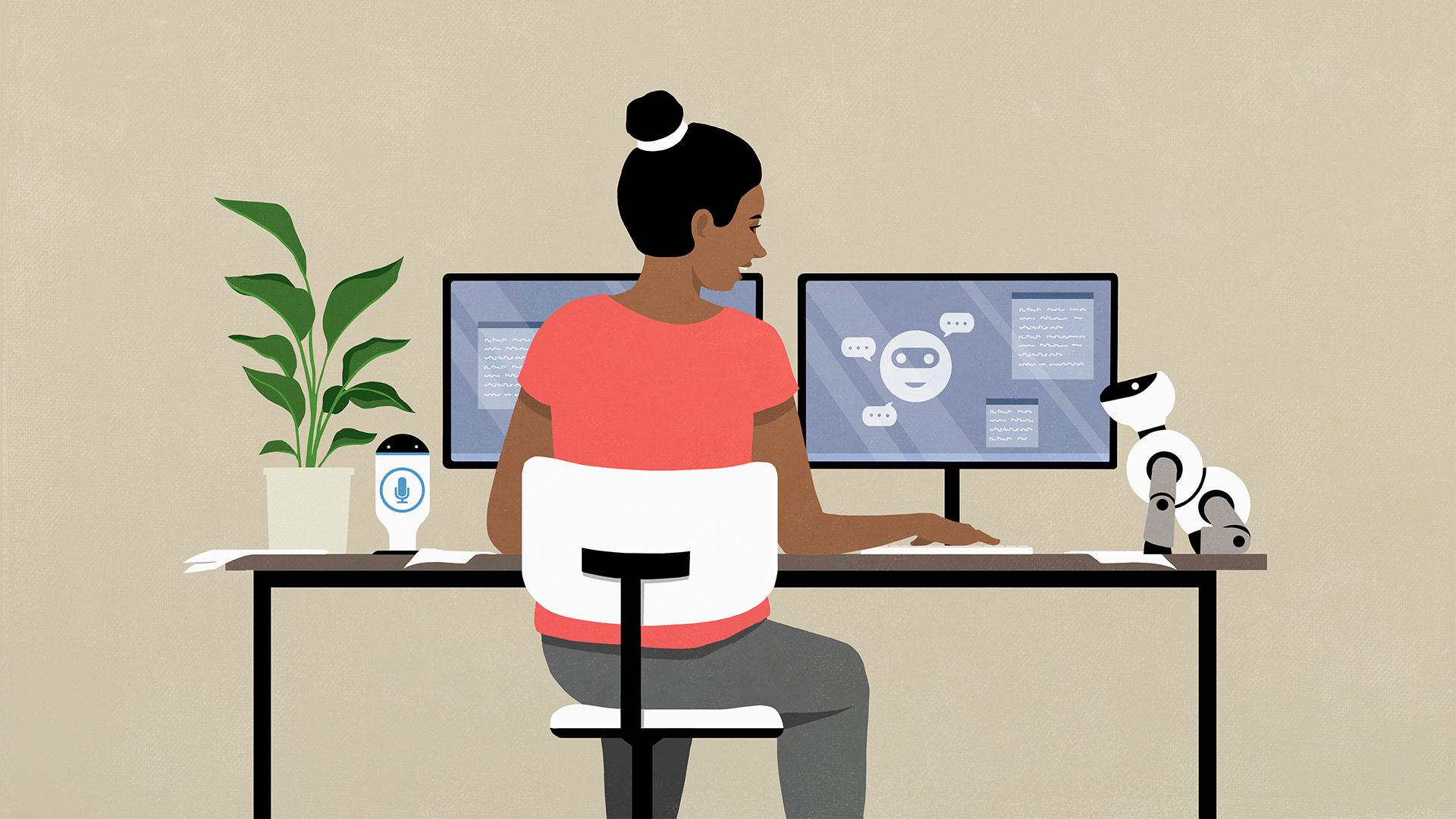 Imposter syndrome is pushing women out of tech
Imposter syndrome is pushing women out of techNews Men have dominated the tech space, though some evidence suggests that it's beginning to change
By George Fitzmaurice Published
-
 DEI rollbacks could exacerbate tech talent shortages – nearly half of recruitment leaders worry diversity cuts will impact their company’s appeal and employee retention
DEI rollbacks could exacerbate tech talent shortages – nearly half of recruitment leaders worry diversity cuts will impact their company’s appeal and employee retentionNews Finding talent with AI skills has already become a major challenge for enterprises, but with some enterprises shelving DEI hiring practices, research suggests the situation could get worse.
By Emma Woollacott Published
-
 Women in tech think the industry has changed for the better, but there’s still more work to be done
Women in tech think the industry has changed for the better, but there’s still more work to be doneNews 84% of female tech leaders in the US believe the industry has changed for the better, but lingering issues still persist.
By Nicole Kobie Published
-
 Businesses know they have major skills deficits, but less than half plan on hiring more women
Businesses know they have major skills deficits, but less than half plan on hiring more womenNews Male IT leaders remain complacent about gender diversity despite widespread skills shortages
By Emma Woollacott Published
-
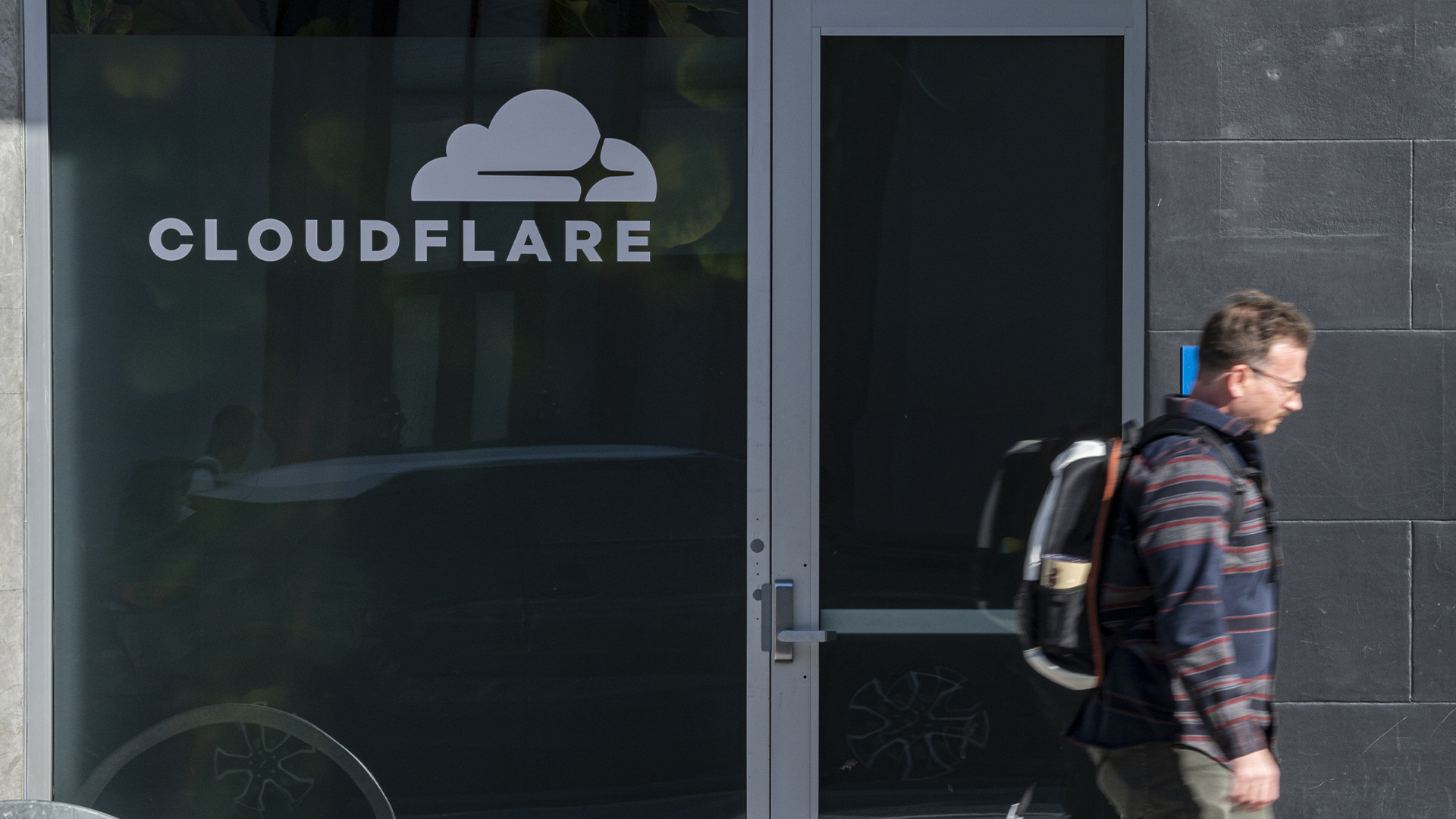 Cloudflare bolsters SASE offering with BastionZero acquisition
Cloudflare bolsters SASE offering with BastionZero acquisitionNews Cloudflare is adding BastionZero’s remote infrastructure access capabilities to its Cloudflare One platform to help safeguard critical systems
By Daniel Todd Last updated
-
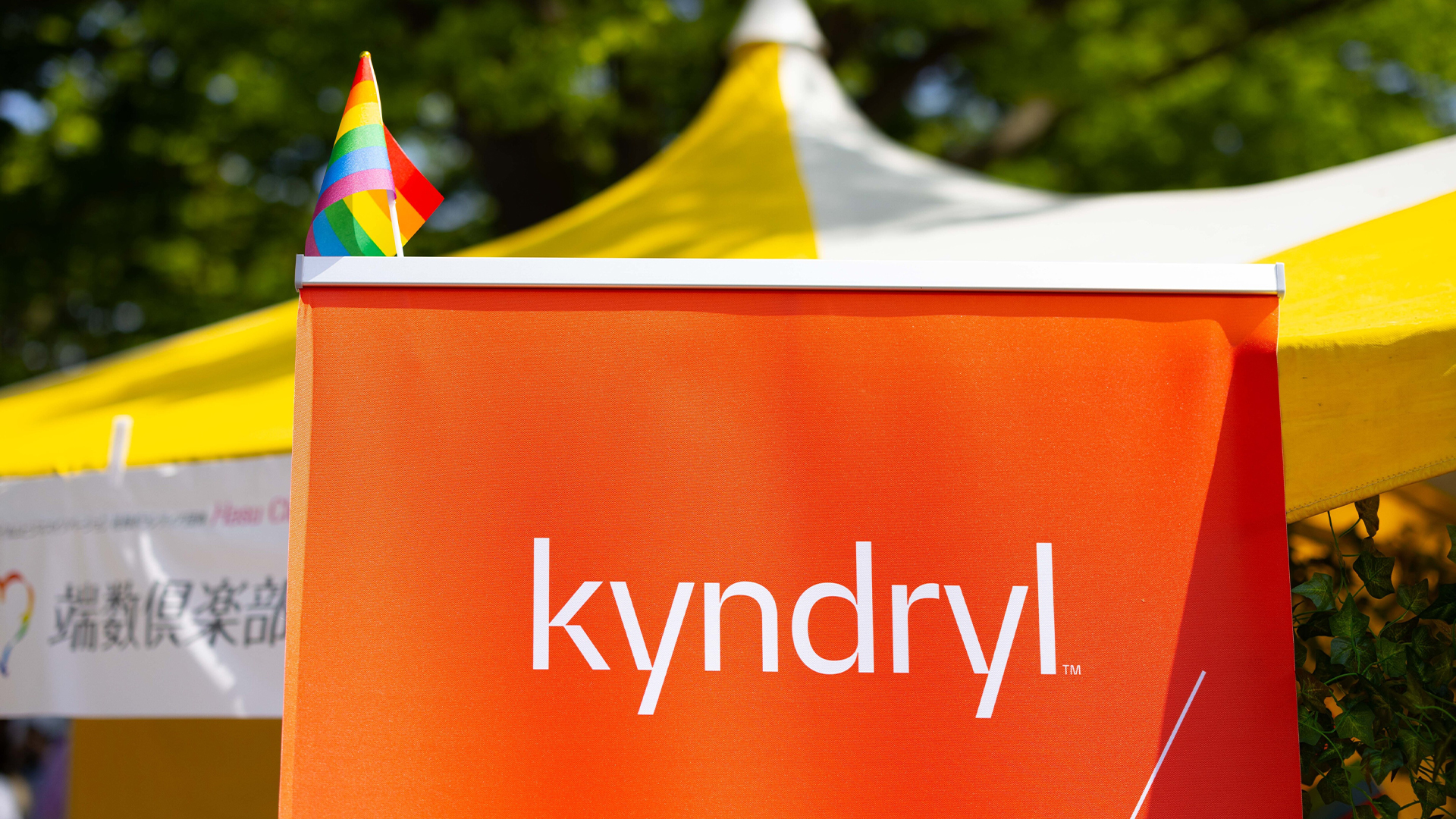 Kyndryl and Cloudflare expand partnership to drive IT modernization
Kyndryl and Cloudflare expand partnership to drive IT modernizationNews The new global alliance aims to drive enterprise network transformation, multi-cloud innovation, and zero trust security
By Daniel Todd Published
-
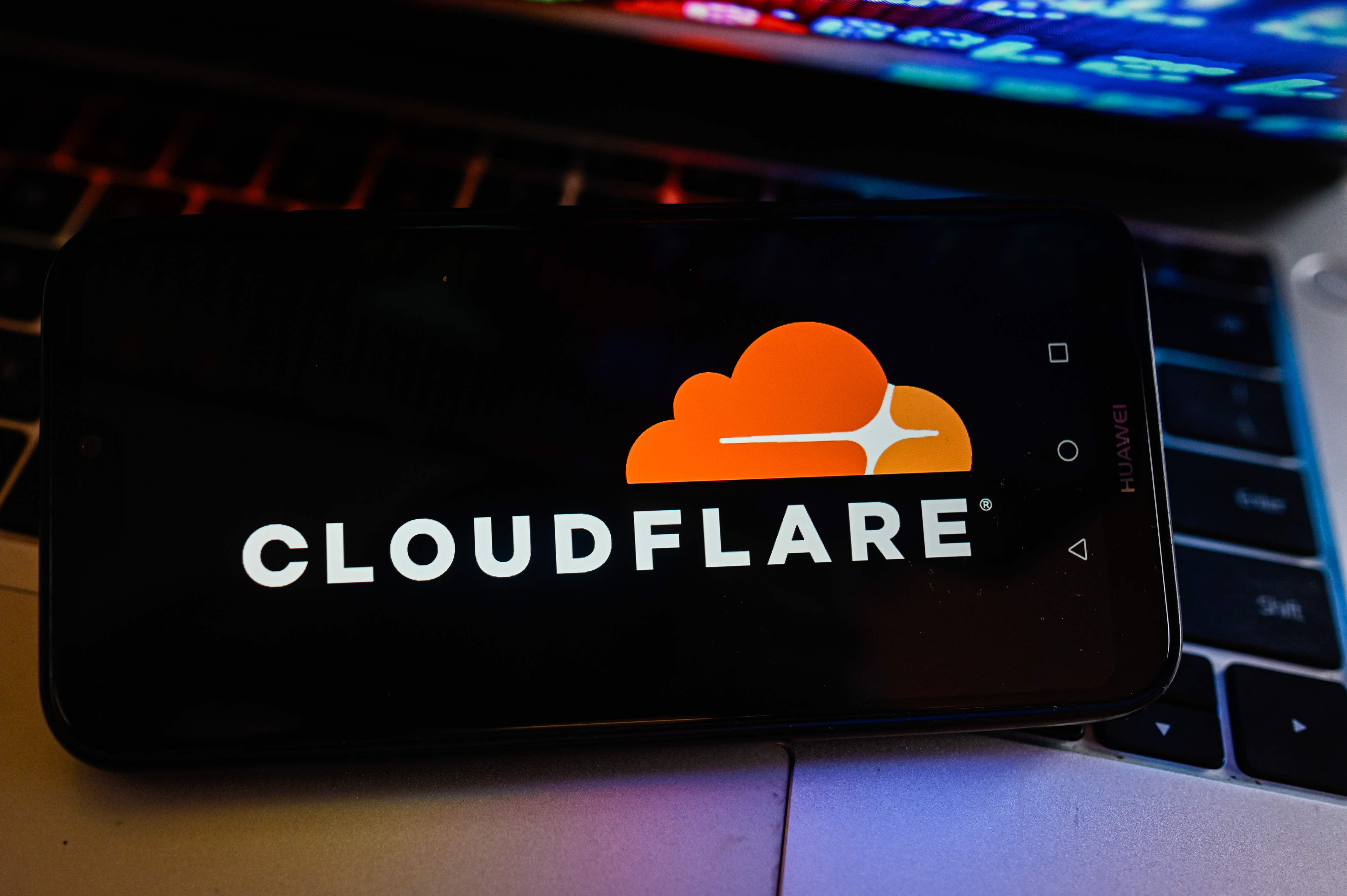 Cloudflare employee’s viral dismissal video offers a stark glimpse into the human cost of layoffs
Cloudflare employee’s viral dismissal video offers a stark glimpse into the human cost of layoffsAnalysis Cloudflare CEO Matthew Prince described the footage as “painful" to watch, and HR experts believe things could've been handled differently
By George Fitzmaurice Published
-
 Addressing the gender divide in the channel
Addressing the gender divide in the channelIndustry Insight Tackling a long-standing gender deficit could be a key differentiator for the channel amid challenging economic conditions
By Celine Cazali Published